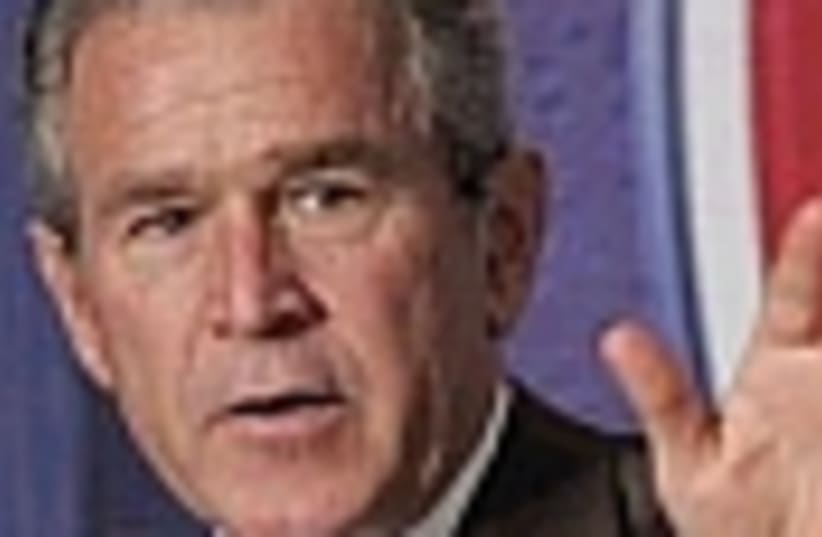| THE IRANIAN THREAT | |
| JPost.com special: news, opinion, blogs and more |
US to allow Iran to convert uranium
Solana: Enrichment would have to be reassessed once talks are completed.


| THE IRANIAN THREAT | |
| JPost.com special: news, opinion, blogs and more |